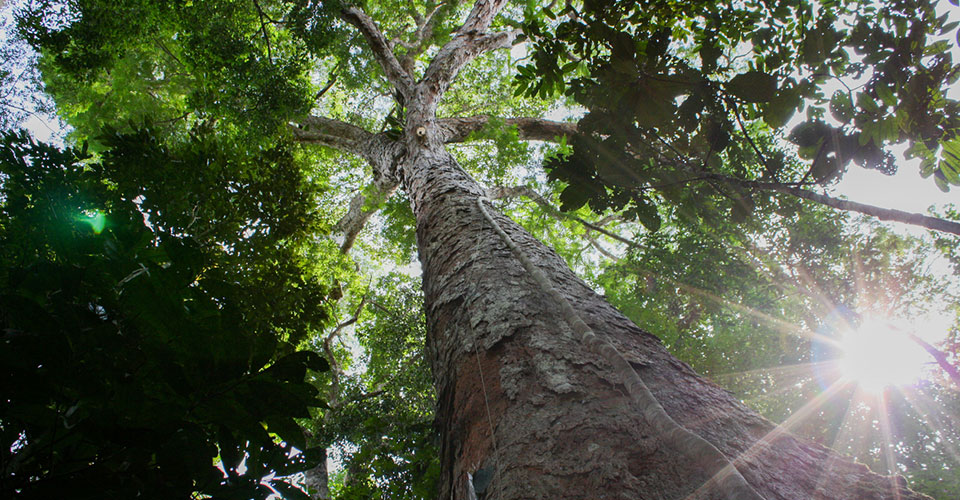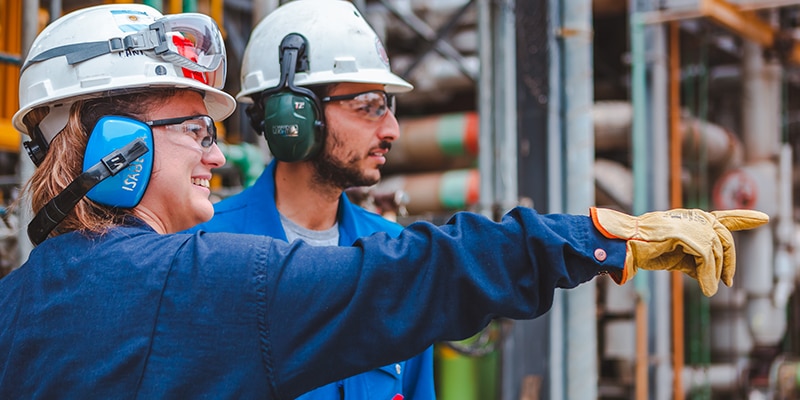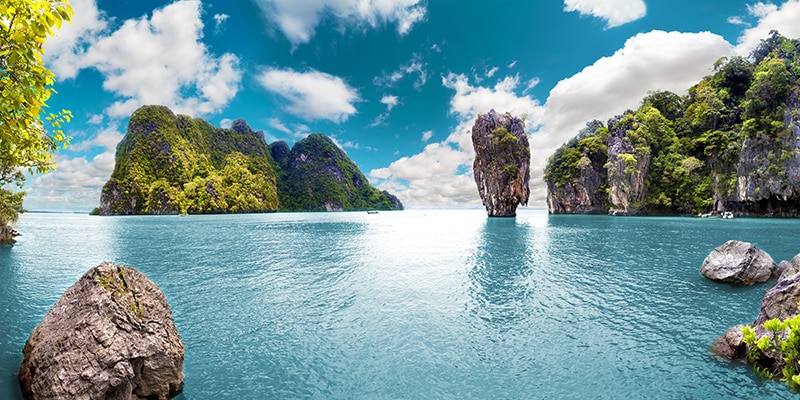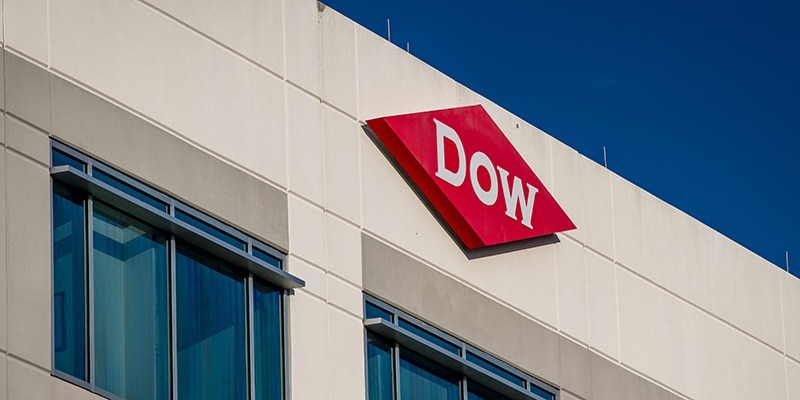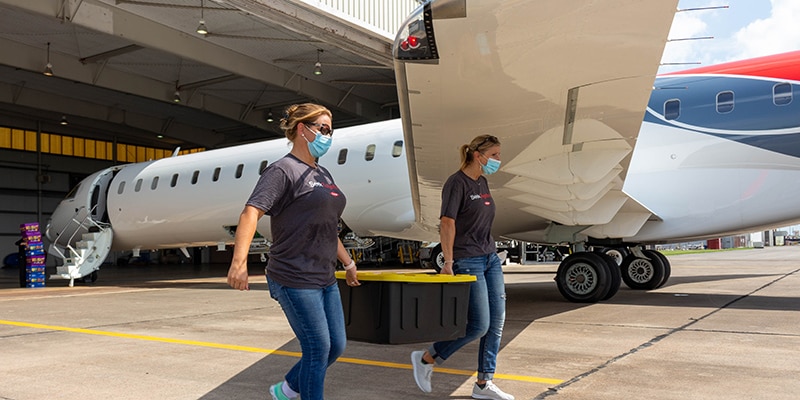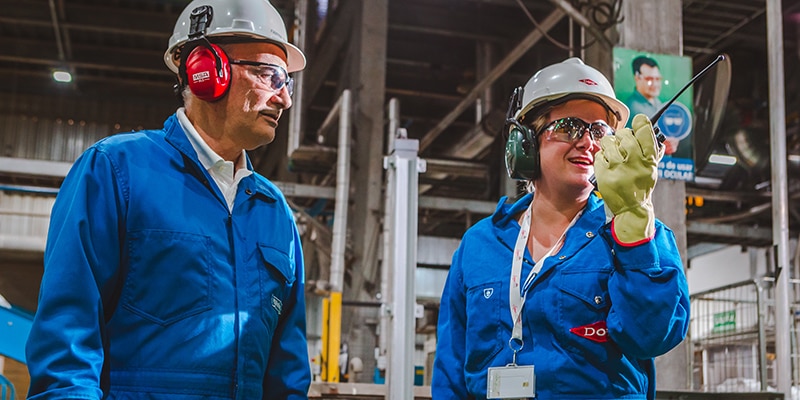Project Ybá conserves biological diversity through sustainable development
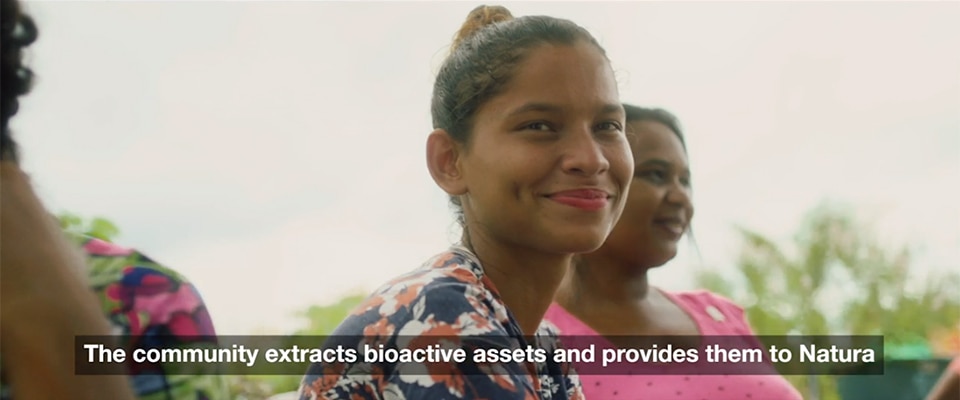
On Dow’s rainforest conserved at our Breu Branco manufacturing complex in Pará, Brazil, the woody seed pods of the tropical andiroba tree also hold the seeds of potential: the potential to enrich Amazon communities, conserve biodiversity and produce value-added products.
Through Project Ybá – Conservation that Transforms, we are collaborating with multiple parties to scale a community-oriented business model in the Amazon rainforest that sustainably uses forest resources, such as seeds and fruits, to produce bioactive ingredients for cosmetics and other products. Propelled by collaborations with Natura cosmetics brand -part of Natura &Co group, The Nature Conservancy and the Brazil-based Peabiru Institute, the project seeks to contribute to increasing an Amazonian community and family incomes while conserving the rainforest.
Biodiversity mapping to find fruits and seeds of commercial interest
The name “Projeto Ybá" was created in partnership with the nonprofit Peabiru Institute in 2021 to honor the identities of the Amazon region, the state of Pará, and the indigenous people. In the Tupi Guarani language, ybá means ‘tree’ or ‘fruit’ – an allusion to the union that strengthens and bears fruit. After mapping the biodiversity and social demographics and resources of local communities in the municipality of Breu Branco, the project is now under way.
Mapping was carried out in Dow's 38,000 hectares of conserved area, where the Peabiru Institute identified 17 plant species of commercial interest for the cosmetic and pharmaceutical industries. Of the species identified, Natura cosmetics brand - part of Natura & Co group, the fourth largest personal care company in the world and our first commercial partner in the project, has begun acquiring andiroba seeds – packed with omega-6 and essential fatty acids – for use in its product line.
Partnering to build a sustainable bioeconomy
Project Ybá taps the deep forest knowledge of the local families – the guardians of Amazonian biodiversity. They represent a richly diverse ethnic population that employs fishing, craftsmanship and small-scale farming as sources of food and income. As our partners, they bring traditional experience and knowledge that can contribute to the conservation of the biome and the maintenance of the region’s ecosystems.
In turn, Project Ybá seeks to support the community and enable sustainable alternative earnings. Members of the Vila Mamorana Farmers Association, formed mostly of women of color, were selected to carry out the sustainable harvesting of seeds from the forest. With the support of Natura and guidance from the Peabiru Institute, association members received training in the sustainable and regenerative management capabilities necessary to supply bioactives to the market.
In 2022, Project Ybá, in collaboration with Institute Peabiru, expanded to include the breeding of stingless bees for honey production, providing another source of sustainable income to the community.
Project Ybá has the power to drive social transformation through collaborative partnerships that focus on development combined with sustainability.
Seeding deep-rooted conservation
Lasting conservation must actively involve people and partners linked to the natural systems we seek to protect. Project Ybá combines development with sustainability. It sits at the intersection of science, innovation and inclusion, helping a local community to be trained – blending their practices and expertise with new organization and management tools so that they can tread new paths and help build a sustainable bioeconomy in Brazil.
As it scales, we hope Project Ybá encourages similar collaborations to address one of the greatest global challenges: income generation and development of Amazonian communities through the conservation of the forest and its biodiversity.
Learn more about how Dow collaborates with local communities in our INtersections Report.
Ana Carolina Felix, Dow Consumer Solutions Sustainability Director for the Americas
WE ARE DREAMING IN BIGGER, BOLDER WAYS
TO IMAGINE A BETTER WORLD
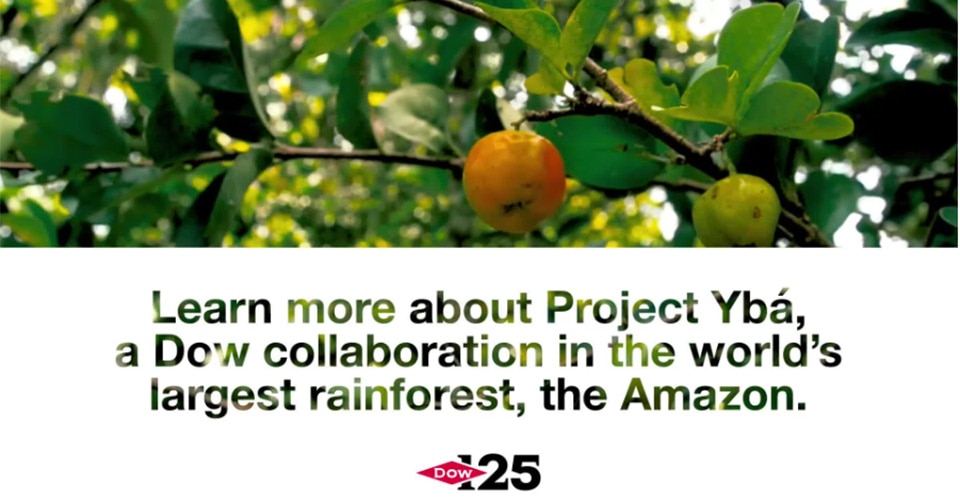
World Rainforest Day 2022
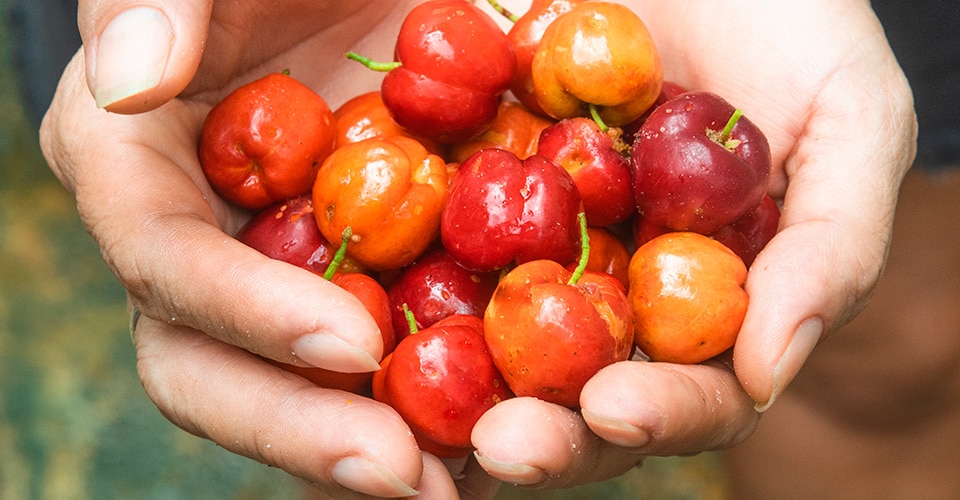
Project Ybá supports social development and conservation
